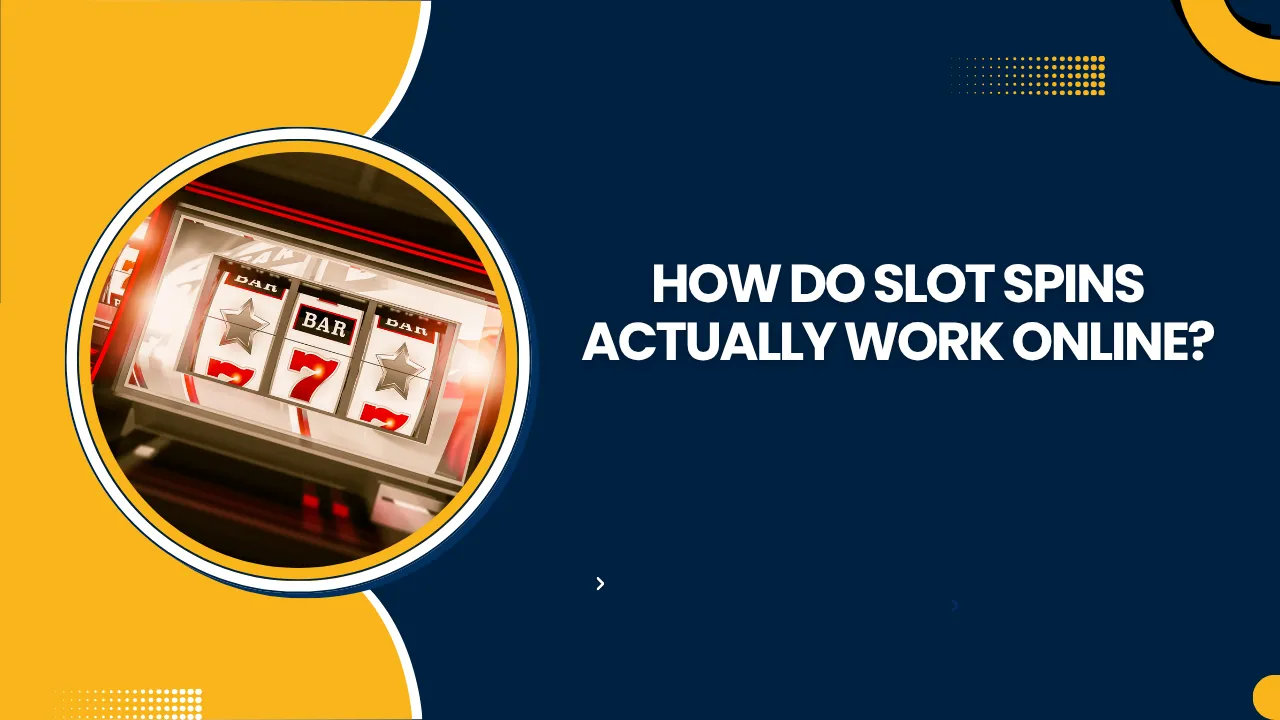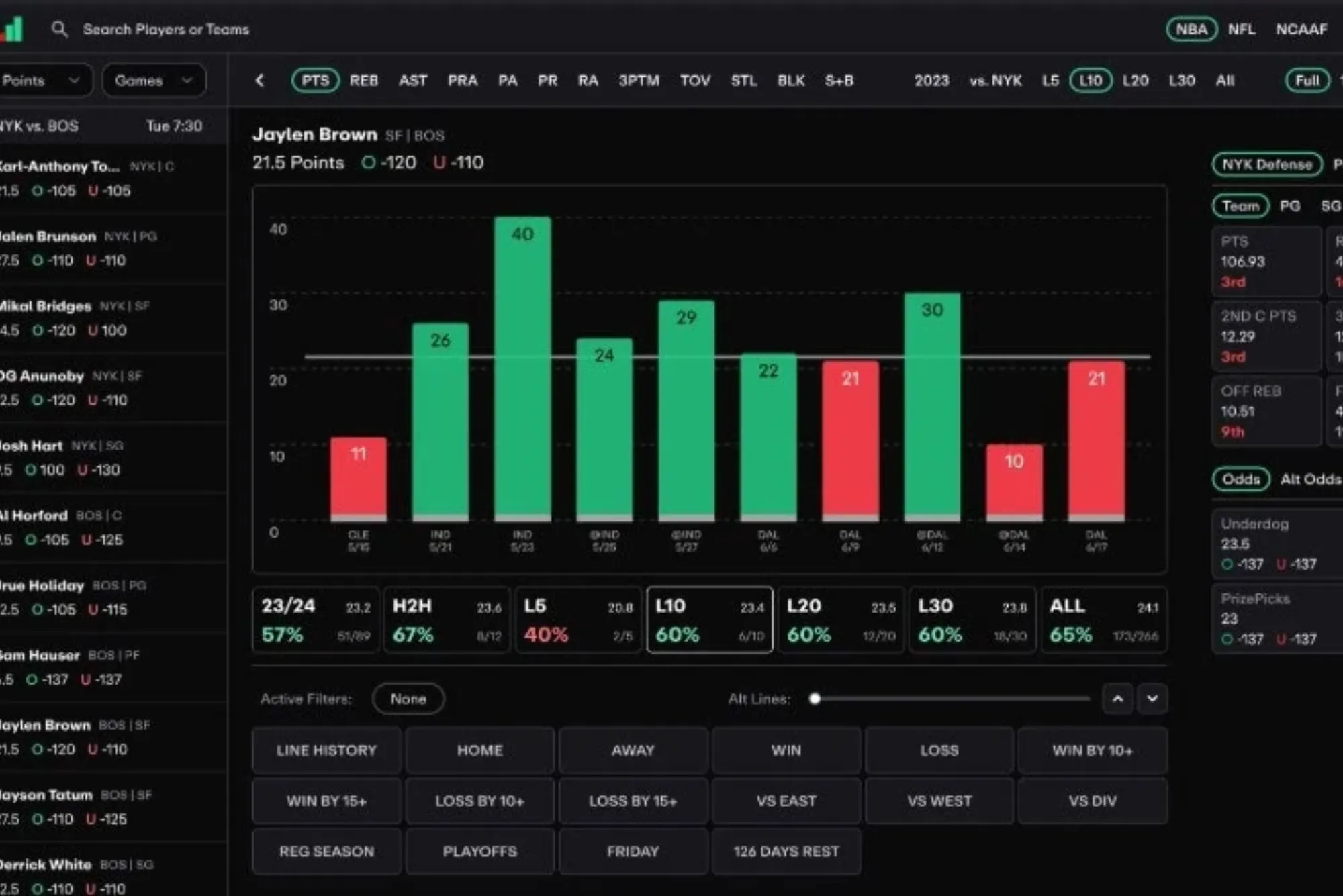Online slot games have come a long way since the days of traditional fruit machines found in pubs and casinos. What once relied on spinning mechanical reels has evolved into a sophisticated digital experience powered by mathematics, software, and chance. Yet, despite their popularity, many players still don’t really understand how slot spins actually work.
From my own years of researching and testing online slots, I’ve noticed that most misconceptions come down to one thing — people assume that what they see on the screen directly represents a physical spin or some pattern they can predict. In reality, every single spin is determined by complex algorithms that make sure each outcome is completely random and fair.
Let’s take a closer look at the hidden mechanics behind online slot spins, and why understanding them can make you a more informed — and confident — player.
The Technology Behind Online Slot Spins
At the heart of every online slot game lies a powerful algorithm called the Random Number Generator (RNG). This is the software responsible for determining where the reels stop after you hit “spin.”
Unlike physical slot machines that rely on gears and levers, digital slots use this computer program to produce random sequences of numbers — thousands of them every second. Each number corresponds to a specific position on the virtual reels. When you click “spin,” the RNG instantly locks in a random combination at that exact millisecond. That result becomes the outcome you see on screen.
No one — not even the casino — can predict or manipulate which symbols will appear, because the RNG is designed to be unpredictable. Reputable gaming authorities audit these systems regularly to ensure fairness and transparency.
This is why one spin can result in a huge win, while the next might produce nothing. It’s not about timing or skill — it’s pure mathematical randomness.
The Role of RTP and Volatility
To better understand how your spins play out, it’s important to know two key terms: Return to Player (RTP) and volatility.
The RTP represents the percentage of total wagered money a slot will return to players over the long term. For example, if a game has a 96% RTP, it theoretically pays out £96 for every £100 wagered — though not evenly or predictably. You might win £500 one day and nothing the next, but over millions of spins, the average holds true.
Volatility, on the other hand, measures the risk level of the slot. A high-volatility game tends to produce fewer but larger wins, while a low-volatility slot offers smaller, more frequent payouts. Understanding these settings can help players choose games that match their playing style and budget.
Understanding Bonus Rounds and Free Spins
One of the most attractive features of modern online slots is the bonus round — especially free spin bonuses. These features often provide players with extra opportunities to win without additional cost, keeping gameplay engaging and dynamic.
This is also where many players first encounter promotional offers like free spins no deposit uk. These offers let you test slot games without using your own money, allowing you to experience real gameplay and potentially earn small winnings risk-free. The concept mirrors the in-game free spin mechanics: both give you a chance to win based purely on random outcomes, but without spending extra from your balance.
From a technical standpoint, free spins in both promotional and in-game contexts still rely on the same RNG mechanism. The only difference is that the casino or game provider covers the cost of those spins. For players, this makes them an excellent way to explore new titles, understand volatility patterns, and see how features like expanding wilds or cascading reels function in real time.
Symbols, Paylines, and Reels Explained
When you open a slot game, you’ll usually see anywhere from three to six reels, each filled with colorful symbols — fruits, numbers, gems, characters, or themed icons depending on the slot’s design. Each symbol has a different payout value, and your goal is to line up combinations that trigger wins according to the paytable.
Modern video slots often feature multiple paylines — sometimes hundreds or even thousands — that run horizontally, diagonally, or in zigzag patterns across the reels. This variety increases the number of possible outcomes per spin and adds more excitement to every click.
Each spin’s final combination is determined by the RNG, and the game automatically checks whether any active paylines form winning sequences. If they do, the payout is instantly credited to your balance.
Why Slots Are Impossible to “Rig”
A common myth among new players is that online casinos can “tighten” or “loosen” slots depending on player behavior. In truth, licensed gaming operators cannot alter the outcome of RNG-based games in real time.
Every spin is entirely independent of the last. Even if you’ve just won a big jackpot, the very next spin has the same probability of winning as the first one you ever made. The RNG doesn’t remember, track, or adjust — it just produces numbers continuously.
Moreover, online slot providers must undergo regular auditing by independent agencies such as eCOGRA or iTech Labs. These organizations test RNG systems, review game code, and publish reports that confirm fairness and unpredictability. That’s why playing at licensed casinos is always recommended — your results are protected by regulation.
The Psychology of Slot Spins
While the mechanics are purely mathematical, slot games are designed to trigger emotional responses that make play enjoyable and engaging. Visual animations, near-miss effects, and sound design all contribute to a feeling of anticipation and excitement.
When you see reels narrowly miss a winning combination, it’s not the casino “teasing” you — it’s part of how the game creates suspense. The outcomes remain random, but the presentation amplifies the thrill. Understanding this helps you maintain control and view the game as entertainment rather than a guaranteed earning opportunity.
Responsible Gaming and Smart Play
Even though slots rely on luck, responsible gaming practices are crucial. Setting limits for time and budget ensures you enjoy the experience safely. Many online casinos now include built-in features like deposit caps, self-exclusion tools, and loss reminders.
If you’re experimenting with a new game, using demo modes or no-deposit offers is an excellent way to get familiar with the mechanics before wagering real money. Observing patterns in volatility, testing bonus rounds, and tracking spin frequency can make you a more informed player — though remember, it won’t affect randomness.
The Future of Online Slot Technology
As technology advances, developers are pushing the boundaries of what online slots can offer. We’re already seeing VR-enabled slots, live-dealer hybrids, and gamified elements that blur the line between traditional gaming and interactive entertainment.
Some studios are even experimenting with blockchain-based slots, where every spin result is permanently recorded on a public ledger for ultimate transparency. Meanwhile, AI-driven personalization could soon tailor slot interfaces and difficulty levels based on individual playing habits.
Yet, no matter how flashy or futuristic the visuals become, the foundation will always remain the same — random number generation. The fairness and unpredictability of the RNG are what make online slots both exciting and trustworthy.
Final Thoughts
Understanding how slot spins actually work doesn’t make you a guaranteed winner, but it does help you play with confidence and clarity. Every click, spin, and result is powered by math, not manipulation — and that’s a good thing.
The more you learn about RNGs, RTPs, and volatility, the better equipped you’ll be to choose games that fit your entertainment style. And next time you claim a free spin bonus or watch the reels line up in perfect sync, you’ll know exactly what’s happening behind the scenes — pure, verified randomness doing its job.











